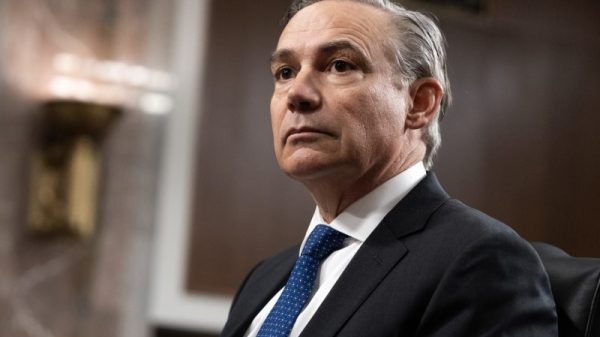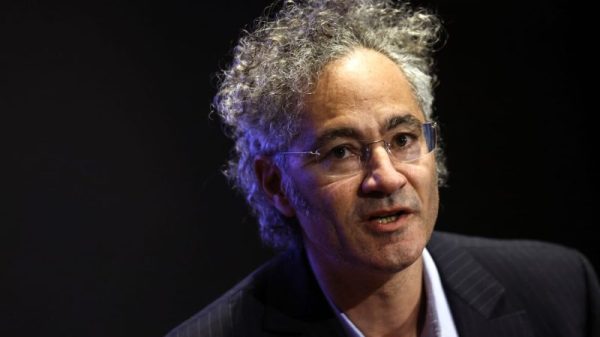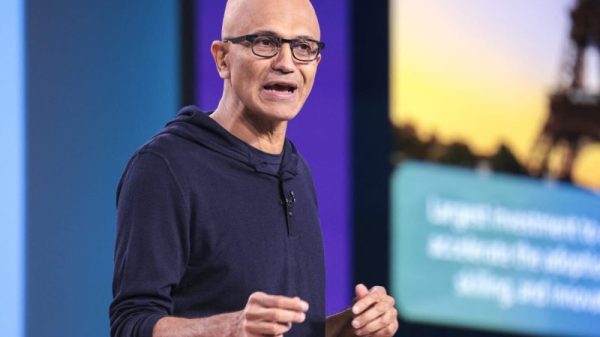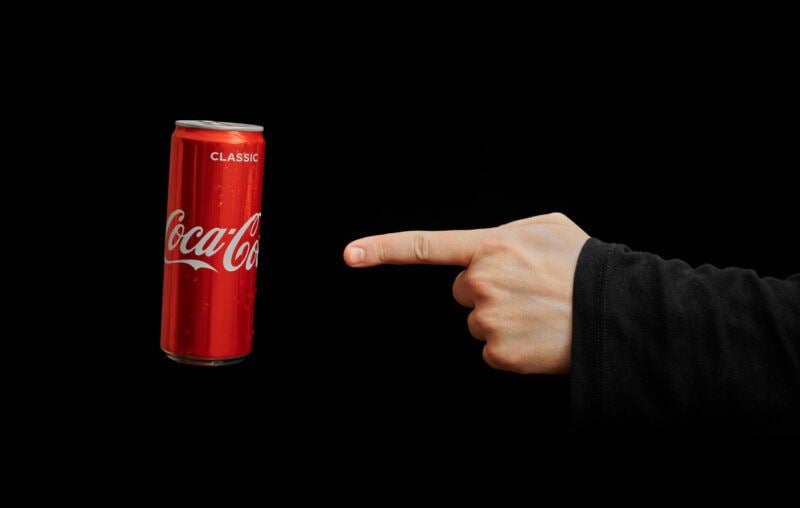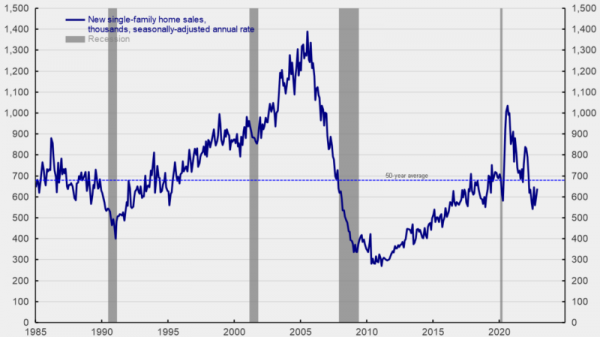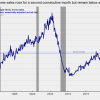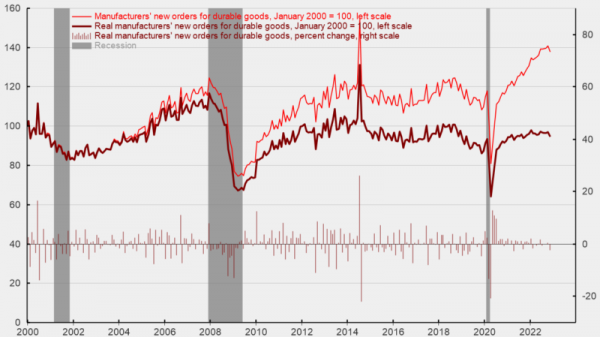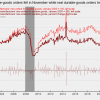
On April 23, 1985, the Coca-Cola Company made one of the biggest mistakes in American business history: it changed the formula for Coca-Cola. Outraged consumers sent hate mail to Coca-Cola executives and hoarded “The Real Thing.” Coca-Cola executives had done their homework: taste tests revealed that people preferred the taste of “New Coke,” and the results suggested the new formula would better position Coke relative to its closest competitor, Pepsi. They corrected their mistake pretty quickly and reintroduced the original formula as “Coca-Cola Classic.” New Coke was rebranded as Coke II and ultimately discontinued.
Business history is littered with products like New Coke. The Ford Edsel flopped. Crystal Pepsi comes back in limited-edition runs periodically, but all that’s really left of it is its clever use of Van Halen’s song “Right Now” and a memory. No amount of clown-powered corporate muscle could make McPizza, the McDLT, onion nuggets, the Arch Deluxe, McCrab, McSpaghetti, McHotDog, chicken fajitas, or any of McDonald’s other failed menu items work. People criticize McDonald’s and other fast food outlets for not offering healthier options, but it isn’t for lack of trying.
Of course, McDonald’s failures have largely been overwhelmed by its successes. One of the company’s most auspicious failures was the Hula Burger. Catholic abstention from meat on Fridays presented a problem for burger restaurant franchisees in areas where there are a lot of Catholics. Eat This, Not That reports that McDonald’s founder Ray Kroc put his idea for a meatless Friday option–the Hula Burger, which replaced the meat patty with a slice of pineapple–up against Cincinnati franchisee Lou Groen’s idea, the Filet-O-Fish in a sales contest. The Filet-O-Fish won handily and took a spot on the menu while the Hula Burger quietly disappeared and was relegated to a long future of “failed fast food menu items” listicles.
The story of the Filet-O-Fish highlights an important truth about a commercial society. It wasn’t a referendum on Catholicism. Entrepreneurs are constrained to serve people based on whatever their preferences happen to be, even if they disagree or disapprove. There are Kosher McDonald’s restaurants in Israel and one in Argentina. There are halal McDonald’s restaurants across the Muslim world. McDonald’s dropped halal items in the United States in 2013 after they were sued. Were enough people in the United States to start following Islamic and Jewish dietary guidelines, I suspect we would see kosher McDonald’s and the reintroduction of halal McDonald’s items.
All of this has me wondering: what if New Coke, Crystal Pepsi, and failed McDonald’s menu items had been government programs? The reaction might have been swift (people took to the streets after the Supreme Court overturned Roe v. Wade, for example) but it probably would have taken a lot longer for these companies to correct their mistakes, if they did at all. In the meantime, valuable land, labor, and capital would have been tied up in producing products hardly anybody wanted. They would have been difficult to get rid of because each would have had a vocal constituency trying to protect it (I have fond memories of McDonald’s chicken fajitas and would love to see them return). The government regulators would have been poorly positioned to decide because they would not have faced direct costs or enjoyed direct benefits. In a market economy, profits and losses give us pretty reliable guidance as to when we’re using resources wisely or wastefully.
Markets get things very wrong very frequently, but they make effective use of decentralized “knowledge of the particular circumstances of time and place” and provide very swift, easy-to-interpret feedback in the form of profits and losses. There is no analog to a share price or an earnings report to discipline governments, and thus “temporary” agencies like the Small Business Administration live on, while unambiguous incursions against liberty and wastes of resources like the Transportation Security Administration it seems we will always have with us.
During one of his presidential runs, Bernie Sanders asked why we need so many different kinds of underarm deodorant. I suspect that were he to walk around a city like Birmingham or Memphis he might ask “do we really need all these barbecue restaurants?” He might lament the ongoing Chicken Sandwich War, launched by Popeye’s in 2019 when the company decided to go head-to-head with Chick-fil-a. Other restaurants like KFC, Zaxby’s, and now Panera joined the fray, and McDonald’s, Burger King, and Wendy’s reformulated their chicken sandwiches to compete. I can imagine Bernie Sanders lamenting the variety and the resources “wasted” developing and advertising all these new chicken sandwiches. Why not have just one kind of chicken sandwich? Then we could take the resources we’re currently “wasting” making chicken sandwiches and use them to provide universal health care.
This assumes there’s one well-defined “chicken sandwich.” Or soft drink. Or style of barbecue. Or kind of pizza (“why do we need all these different pizza toppings?” I hear Bernie asking). Maybe we’re overwhelmed and stuck in a paradox of choice, but this can be solved pretty easily with online shopping and subscription services that delegate the shopping and choosing to other people.
A competitive market rewards people for producing goods and services consumers want, at prices that meet or exceed the highest-value alternative uses of everything used to produce them. As of 2022, consumers have voted for various chicken sandwiches and against things like New Coke and Crystal Pepsi. Would our lives be better were land, labor, and capital still tied up making New Coke and Crystal Pepsi? People have voted pretty overwhelmingly and answered “no.”











